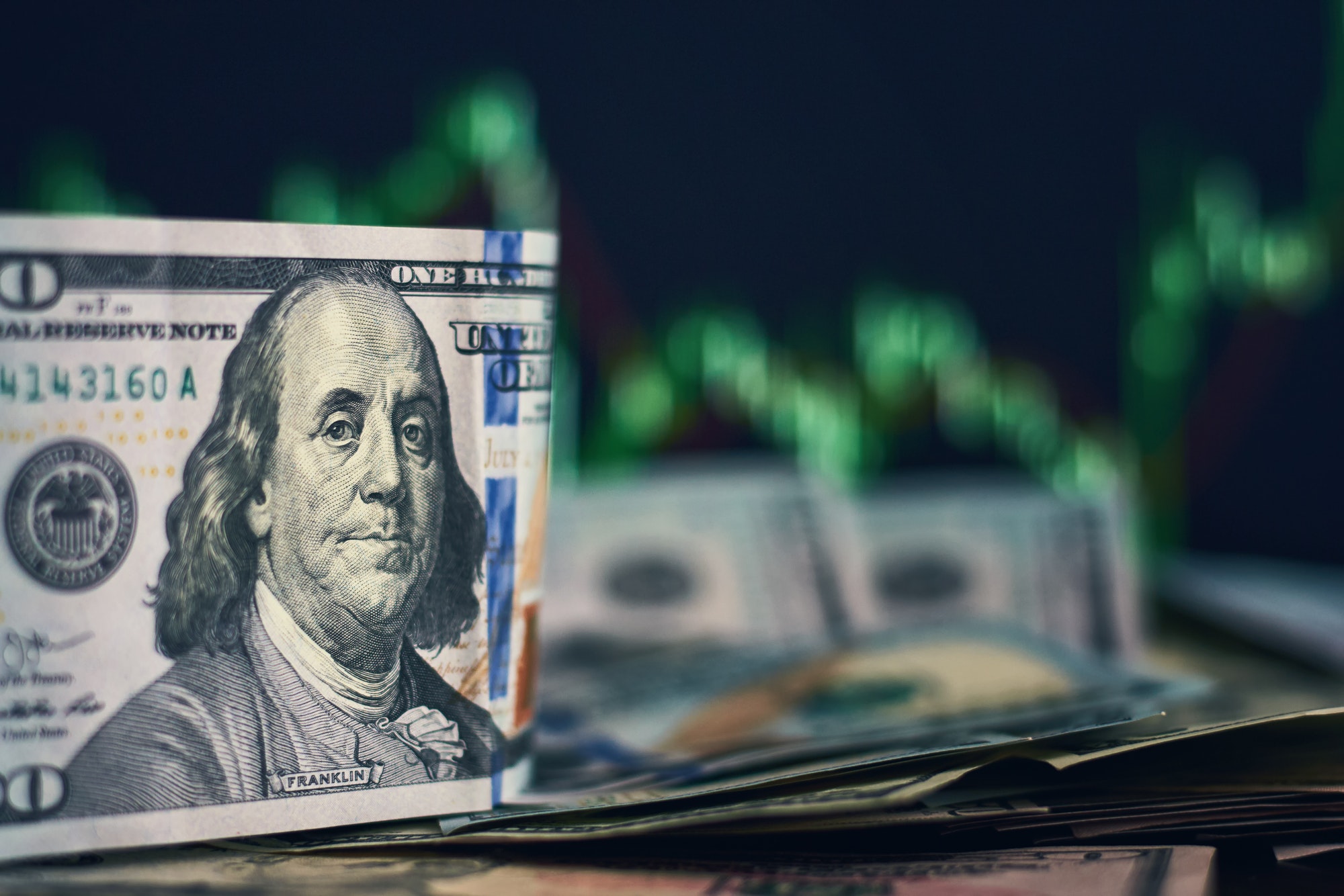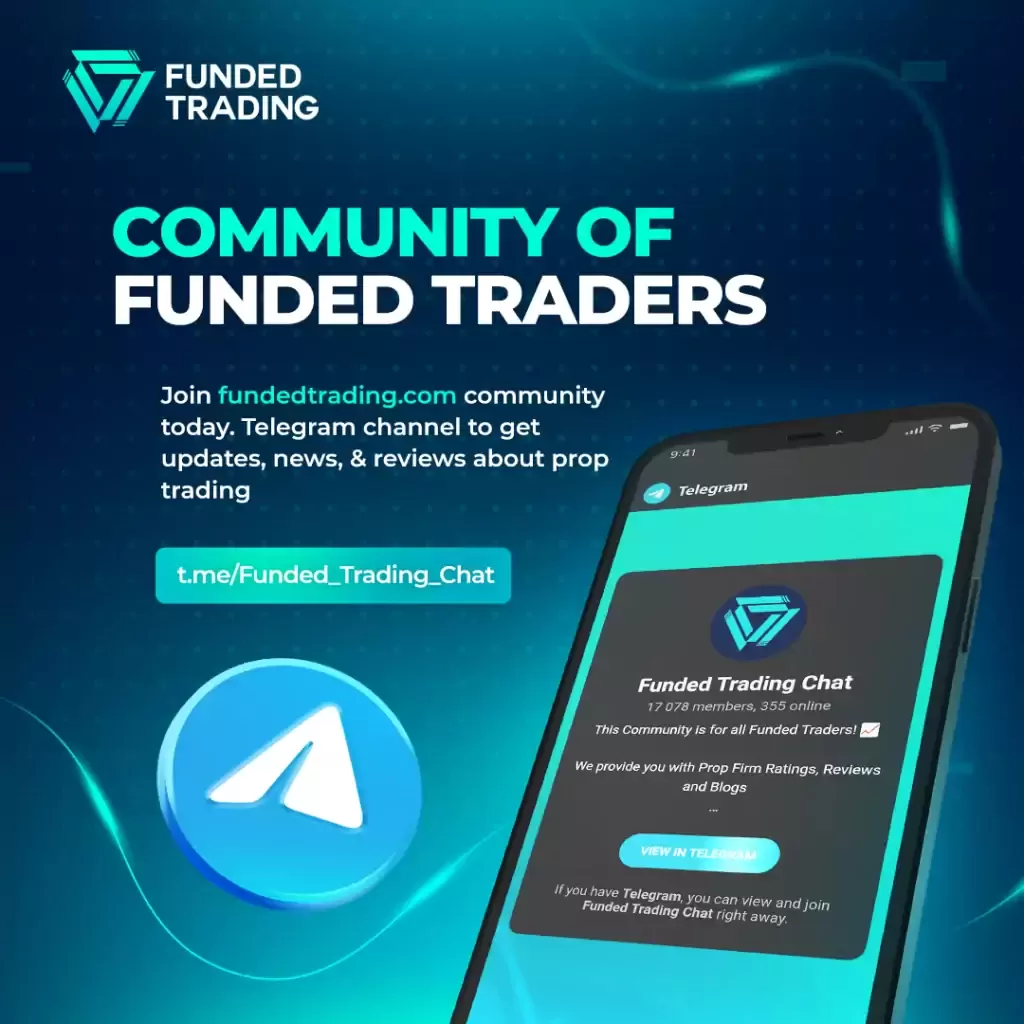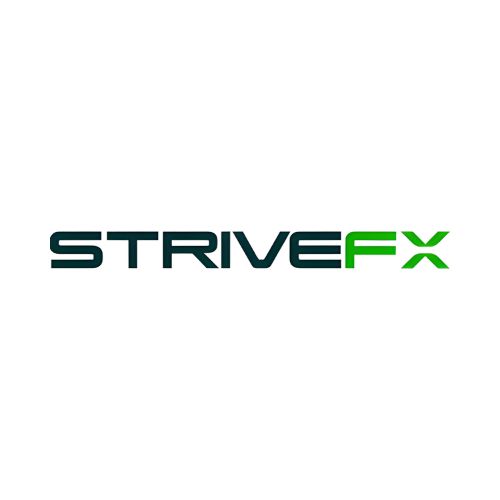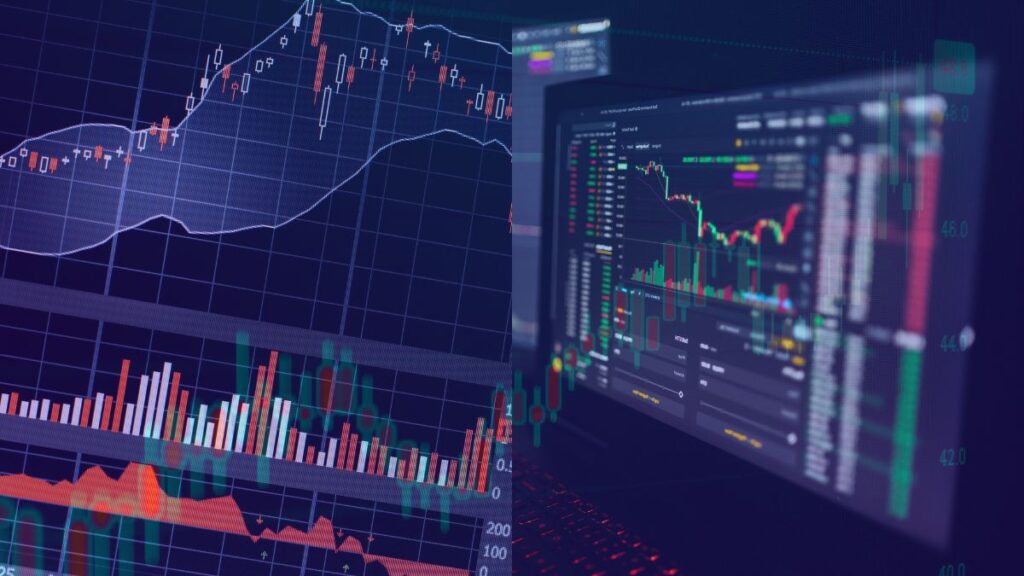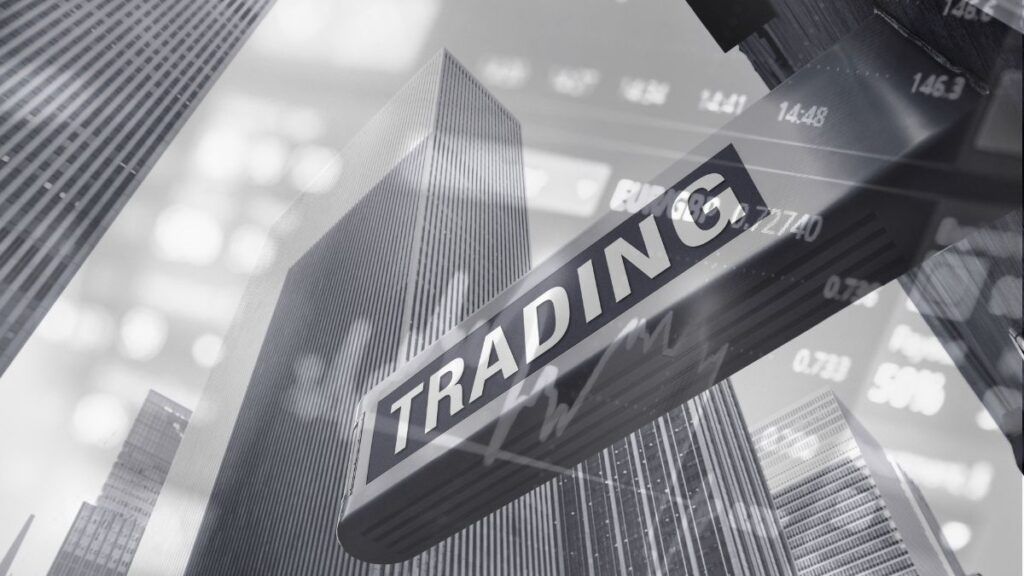Forex trading means speculating on currency prices to turn a profit. This guide strips away the hype, explains what actually happens, and details exactly how forex brokers work. Expect blunt honesty and zero fluff.
What is Forex Trading?
Forex trading is the act of exchanging one currency for another, aiming to profit as their values change minute by minute.
To trade forex, you pick a currency pair (like USD/EUR), bet on which will gain value, and pocket the difference if you’re right. Unlike stock markets, forex is fully digital and runs 24/5, with trillions in daily trades—more than Apple, Microsoft, and Tesla stocks combined.
Key features of forex trading:
- All transactions happen “over the counter” (OTC)—no central exchange, just a massive global network of banks and brokers.
- Every trade involves a currency pair: one goes up, one goes down. Your profit or loss depends on which way you bet.
- Currency values are volatile—prices can shift in seconds due to global news, politics, or even tweets (ask anyone who’s traded the British pound).
Example:
If you think the euro will rise against the dollar, you buy EUR/USD. If you’re wrong, you lose—fast.
What is a Forex Broker?
A forex broker is a company that lets you trade currencies online, connecting you to global forex markets for a fee or commission.
Brokers don’t make up prices; they aggregate real-time currency rates from multiple banks. This means you get the best available price, not some made-up “broker special.” Top brokers also offer:
- Tight spreads (the difference between buy and sell prices)
- Fast execution (so you don’t get burned by lag)
- Leverage options (borrowed money to boost your buying power, with real risk)
Three common types of forex brokers:
- ECN brokers: Connect your trades straight to the market—great for tight spreads.
- Market makers: Set their own prices, usually take the opposite side of your trade (sometimes shady, so research before choosing).
- STP brokers: Pass your trades to big liquidity providers; think of it as a mix of both worlds.
Pro tip:
Always check a broker’s regulation status and reviews before funding your account. Scams are common in this space.
Why Trade Forex?
Forex is popular because it’s accessible, open 24 hours, and lets you start with a small budget, but real risk comes with every trade.
Forex stands out for these reasons:
- You can trade any time, day or night (except weekends)
- Leverage means you can control large trades with little cash
- Deep liquidity—buy or sell instantly, even at 3am
- High volatility gives profit potential (and real danger)
- Entry is easy—accounts start from $10 with most brokers
Who trades forex?
- Beginners trying to grow small accounts
- Professionals chasing profit with big trades
- Companies hedging against currency risk
Reality check:
Most retail traders lose money. Learn, use a demo, and always manage risk. If a site promises “guaranteed returns,” it’s lying.
How Does the 24-Hour Forex Market Work?
The forex market runs non-stop from Monday to Friday—meaning you can trade before work, after dinner, or during market-moving global news.
Here’s why this matters:
- Global sessions: Markets open in Sydney, roll to Tokyo, then London, and end in New York. If one market closes, another opens.
- Volatility never sleeps: Prices react instantly to world events—politics, war, economic releases, even random tweets.
- Flexibility: You’re not stuck trading at awkward times (unlike the stock market, which closes every afternoon).
Example:
If you miss the US session, the Asian or European session might still be in full swing. The only dead time is late Friday to Sunday night.
What Is Leverage in Forex Trading?
Leverage lets you trade a big position using just a small deposit, but magnifies both your gains and losses.
How leverage works:
- Typical leverage ratios: 30:1 in Europe, up to 500:1 in offshore markets (always check your broker’s rules).
- Small margin, big trade: With 50:1 leverage, $100 lets you control $5,000 of currency.
- Instant danger: Leverage turns small moves into huge profits…or catastrophic losses. You can lose your deposit (or more) in seconds.
Pro tip:
Never max out leverage. Start small, use stop-loss orders, and treat leverage like nitroglycerin—dangerous in the wrong hands.
What Does “Deep Liquidity” Mean in Forex?
Deep liquidity in forex means you can always buy or sell at market prices, with almost zero wait, thanks to trillions traded daily.
Why deep liquidity matters:
- You’re not stuck holding a currency pair no one wants
- Orders fill instantly, even during major news spikes
- Tight spreads—lower trading costs, better prices
Examples of liquid currency pairs:
EUR/USD, USD/JPY, GBP/USD—these three account for over 60% of global forex volume.
Real-world tip:
Illiquid pairs (exotic currencies) can have wild price swings and huge spreads. Beginners should avoid them.
Can Forex Prices Be Manipulated?
Forex prices are tough to manipulate because the market is huge and decentralized—no single player can control prices for long.
Why forex is hard to rig:
- No central exchange—trades happen across thousands of banks and brokers
- $7.5 trillion traded daily as of 2022
- Most manipulation attempts get crushed by sheer market volume
Caveats:
- Small “exotic” pairs can be moved by big players
- Flash crashes still happen during low-liquidity hours, but are rare
Pro tip:
Stick to major currency pairs and trade during active sessions for more reliable pricing.
Why Is Forex So Volatile?
Forex is volatile because global events, economics, and politics hit currency values in real-time—prices can jump or crash within minutes.
Volatility drivers:
- Economic data releases (jobs, GDP, inflation)
- Central bank decisions (interest rates, surprise announcements)
- Political news, natural disasters, even major sports results
Example:
When the Swiss National Bank removed its euro peg in 2015, EUR/CHF moved 30% in one day. Thousands of traders were wiped out—some brokers went bankrupt【Reuters, 2015】.
Warning:
Volatility equals opportunity and risk. Always set a stop-loss, and never “bet the house” on a news event.
Is Forex Trading Good for Beginners?
Forex is beginner-friendly because of low barriers to entry, but most newbies lose money fast without proper education and risk management.
What makes forex accessible:
- No big upfront deposit—some brokers accept as little as $10
- Free demo accounts to practice before risking real cash
- Simple platform interfaces, lots of guides and tools
But here’s the catch:
- High leverage and fast-moving prices mean small mistakes = big losses
- Scams and shady brokers target new traders
- Lack of regulation in some regions adds risk
Pro tip:
Start with a demo account, learn to use stop-losses, and never trust anyone promising “guaranteed profits” in forex.
What Are the Three Ways to Trade Forex?
You can trade forex using three main methods: spot market, forward contracts, or futures contracts—each with unique rules, risks, and rewards.
Here’s how they differ:
- Spot market: Trade actual currency pairs at current prices for instant delivery.
- Forward market: Lock in a future price with a private contract—no actual money changes hands until later.
- Futures market: Standardized contracts to buy or sell currency at a set date and rate, traded on formal exchanges.
Example:
Spot is like swapping cash at an airport kiosk. Forwards and futures are more like betting on where the rate will be in weeks or months.
How Does the Spot Forex Market Work?
The spot market is where you buy or sell currency pairs at today’s market price—settlement happens instantly, usually within two business days.
Spot market features:
- Most popular method for retail traders
- Trades based on current price—no “future promises” or contracts
- Major pairs like EUR/USD, USD/JPY are the most active
Real-world use:
Day traders and scalpers live in the spot market, trying to catch tiny price moves for quick wins.
How Does the Forward Forex Market Work?
The forward market lets you lock in a currency price now and settle the trade later—no exchange or standard contract, just a private agreement.
Key attributes:
- Used by companies to hedge future expenses or income in foreign currency
- Fully customizable—pick your amount, currency, and settlement date
- Trades are off-exchange (OTC), so no central regulation
Example:
A US company knows it’ll pay for German imports in euros in 6 months. It enters a forward contract to lock today’s EUR/USD rate and avoid nasty surprises.
How Does the Forex Futures Market Work?
Futures contracts are standardized agreements traded on exchanges to buy or sell a set amount of currency at a fixed rate on a specific date.
What makes futures unique:
- Traded on regulated exchanges (like the Chicago Mercantile Exchange)
- Margin requirements and daily settlements (mark-to-market)
- Transparency—prices are public, contracts are standardized
Example:
A hedge fund expects the yen to weaken, so it buys USD/JPY futures. If the yen drops by the contract’s expiration, the fund profits.
Final Thoughts on Forex Trading
Forex offers huge opportunities but bigger risks—don’t treat it like a get-rich-quick scheme. Only trade with money you can afford to lose.
Practical steps for real traders:
- Study market news, economic releases, and central bank decisions
- Use demo accounts before trading real money
- Protect every trade with stop-loss orders
Fact:
According to the UK’s FCA, over 70% of retail forex traders lose money【FCA, 2023】.
Education and discipline—not “gut feeling”—set winners apart.
Ready to trade with real capital but not enough funds? Consider a reputable prop firm for a funded account. Still learning? Practice, practice, practice—then start small.
FAQ
What’s the minimum to start forex trading?
Most brokers let you start with $10–$100, but you’ll need more to handle volatility safely.
Is forex trading legal?
Yes, in most countries. Always use a regulated broker for safety.
How risky is forex compared to stocks?
Forex is usually riskier—high leverage and 24/5 volatility mean you can lose money faster.
Do I need special software to trade forex?
You need a trading platform like MetaTrader 4 or cTrader, both free with most brokers.
